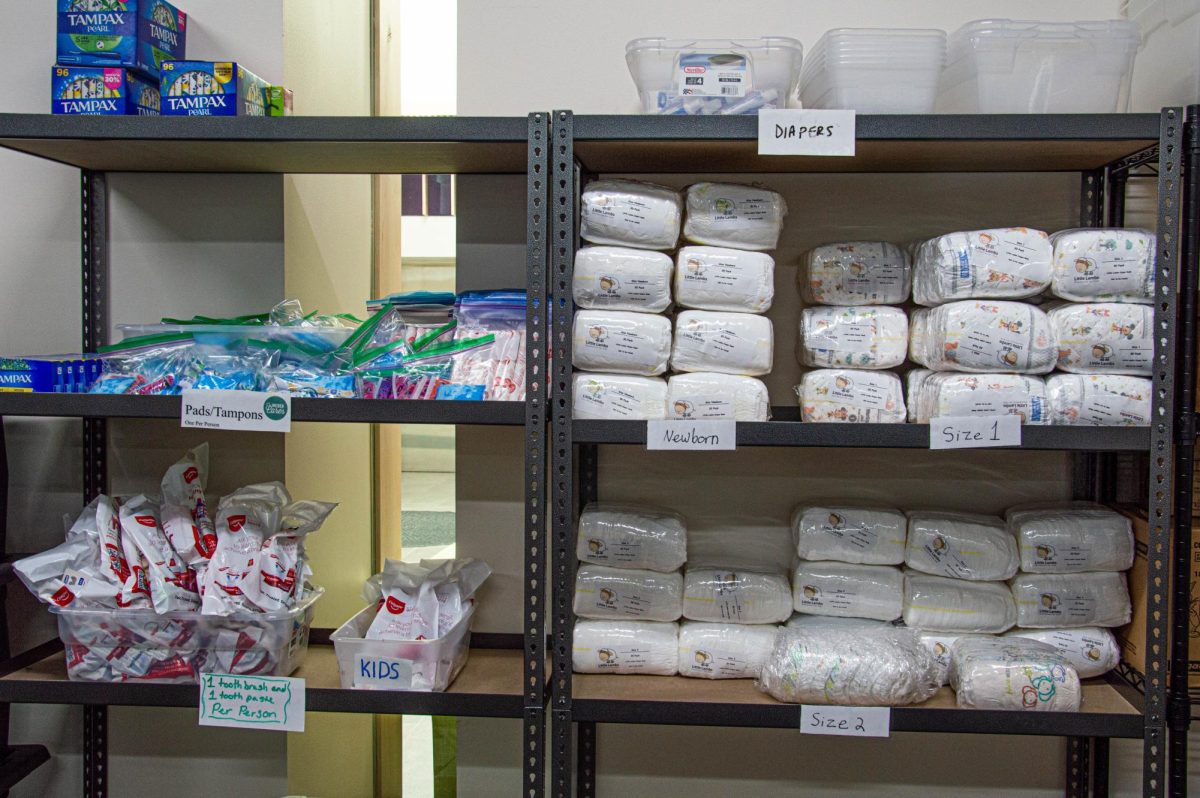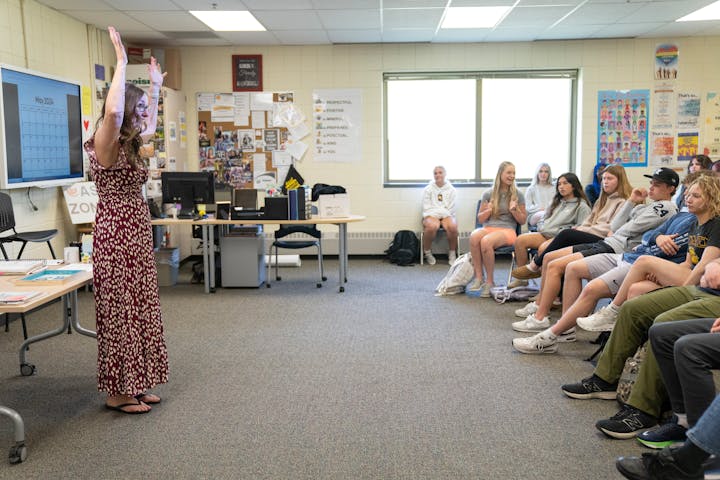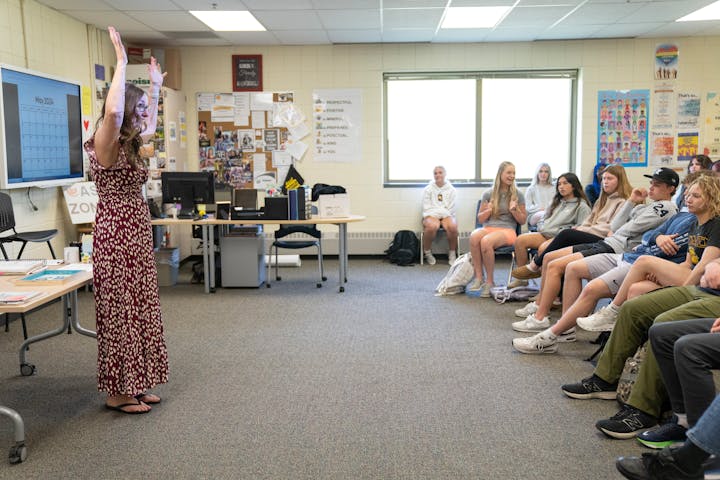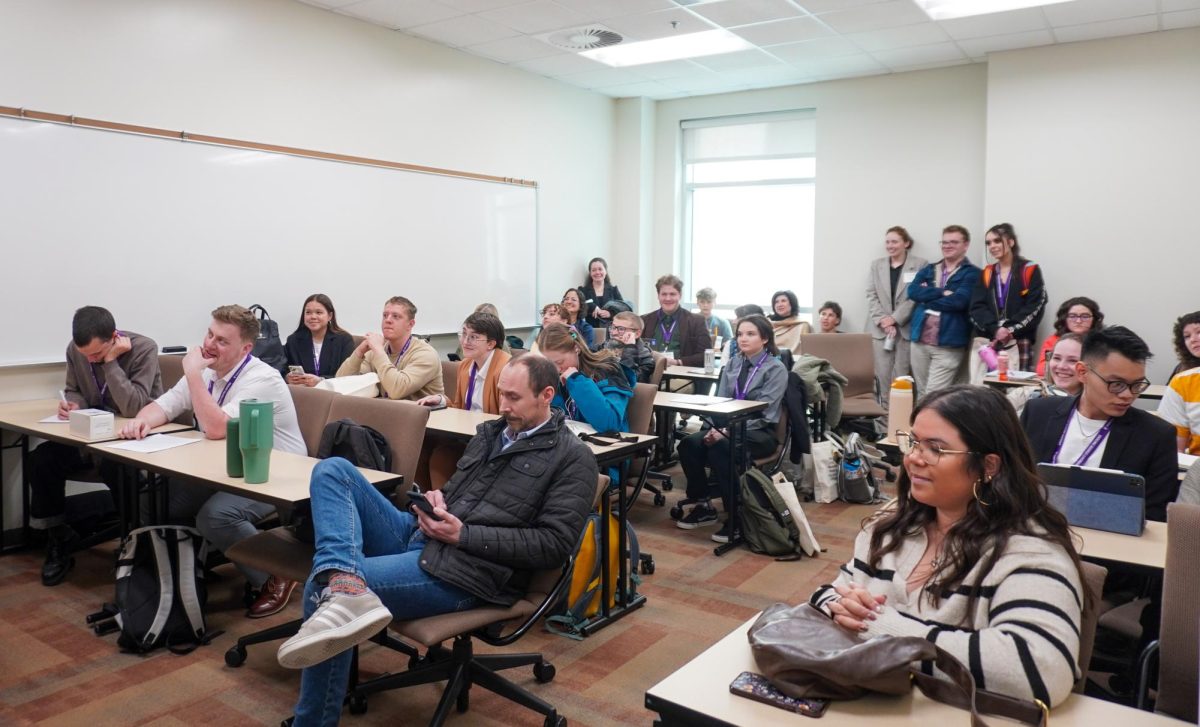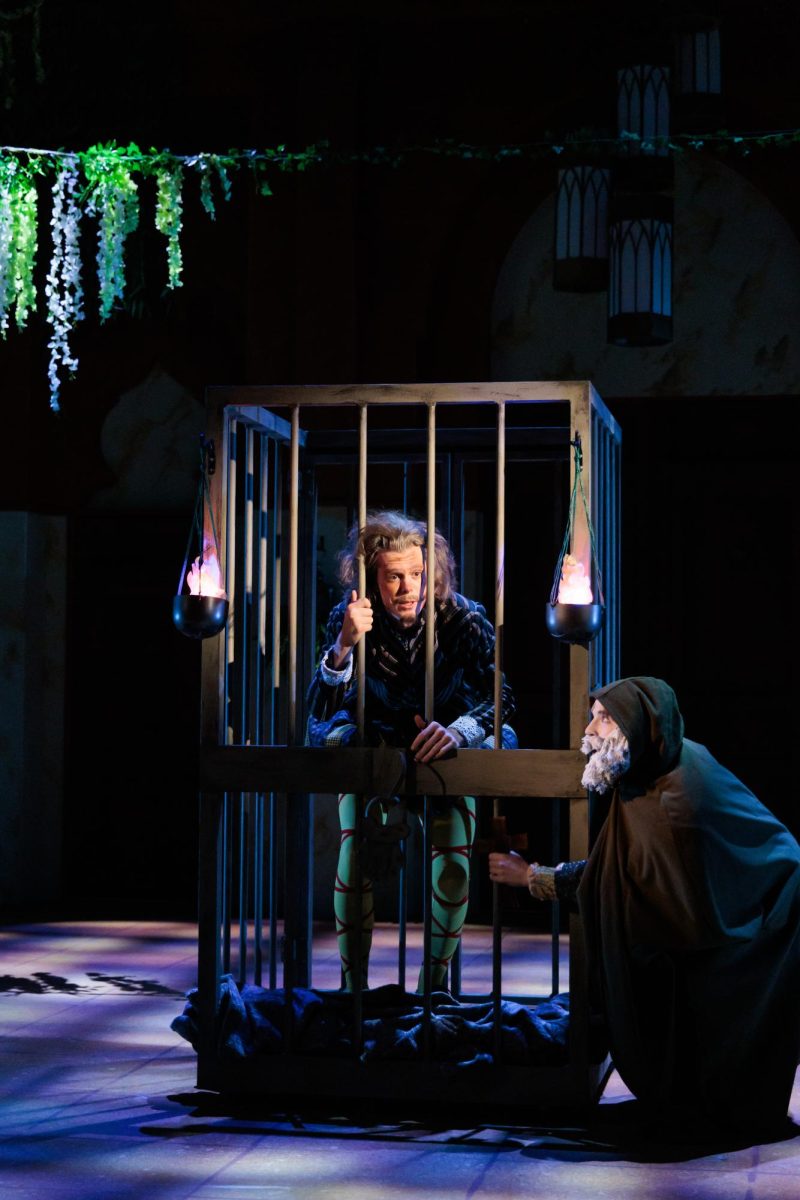
The Student Fee Recommendation Committee reflected upon the gravity of their duties by continuing to handle funds distribution with care, looking to avoid rushing their responsibilities.
While the committee had their first round of deliberations on Feb. 10 to determine which departments get an increase in funding from student fees, members found that the meeting was moving along faster than they anticipated.
The committee had outlined two separate meetings to decide where money should be allocated. However, the process went quicker than expected and many budget increases were being planned in one meeting.
The suggestion was made that they could move money around quickly and then not have to meet again to finalize plans. The idea was appealing to some because the meetings have gone for over three hours in previous weeks.
After the recommendation was made to end early, several board members expressed their desire to fulfill their responsibility correctly, not just to take the easy way out.
“This was a very mature decision to make,” said Brett Perozzi, concerning the committee’s dedication to their obligation.
Several committee members expressed their desire to look closer into the possibilities of where money could be deposited. The proposals that had been submitted were then reexamined and picked apart to see if the departments needed full funding, partial funding or no funding at all.
While plans were created for budget increases, nothing was set in stone.
“This meeting is just to discuss the requests,” said Jan Winniford, Vice President for Student Affairs. “Final decisions will be made at a later meeting.”
Some members may have wanted to finish the process early because of its intensive nature to carefully examine the budget propositions. A few of the proposals took a considerable amount of time to analyze because the outlines included funding for several different projects and groups within the department.
Performing Arts asked for a considerable amount of money but plans on using it for the groups within their department, such as dance, band and orchestra. Athletics also requested a large sum of funds, but they plan on dispersing it over some of their teams to aid in transportation and accommodations.
Some of the committee members wished to allocate money away from these two departments because it would take a substantial amount away from other groups.
“That’s where I struggle with this,” said committee member Danielle Collier about the Athletics’ proposal. “They are staying in fine hotels, but other groups aren’t.”
Other proposals had one or two simple requests that could be examined quickly. For example, Studio 76, Weber State’s video production studio, requested funds to create more employment positions for students and help in marketing.
“I really do think that their production helps a lot,” said Noor Mouhammad, member of the committee, on Studio 76’s proposal. “I think it’s very beneficial that we help them with funding.”
A motion was passed for each member to take a week to consider the decisions made so that reevaluations can be pursued if needed. Committee members have planned to finalize their determination on money allocation on February 17.











